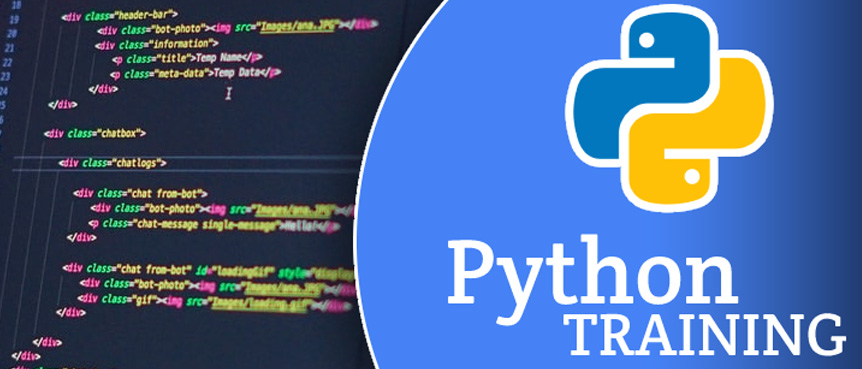
Python Course
Python : A Versatile Language, Your Gateway to Infinite Possibilities
Python has slithered its way into the hearts of coders worldwide, and for good reason! It's a powerful, versatile, and remarkably approachable language, ready to empower you in diverse fields. Let's dive into its enchanting world:
Key Characteristics:
Readability : Python's syntax is clear and intuitive, resembling natural language, making it easy to learn and understand even for those new to coding.
Versatility : Python's adaptability is legendary, excelling in web development, data science, machine learning, automation, scientific computing, and more.
Extensive Libraries and Frameworks : A vast ecosystem of pre-written code modules Django, NumPy, Pandas, TensorFlow, PyTorch, and beyond-saves you time and effort.
Community and Support : A large, active, and welcoming community offers abundant resources, support, and guidance for Python enthusiasts of all levels.
Common Applications :
Web Development : Build dynamic websites and web applications using frameworks like Django or Flask.
Data Science and Machine Learning : Analyze and process data, build predictive models, and train artificial intelligence systems, leveraging libraries like NumPy, Pandas, and scikit-learn.
Automation and Scripting : Automate tasks, streamline workflows, and create scripts to boost efficiency.
Scientific Computing : Python powers numerical computations, simulations, and data analysis in scientific fields.
Education and Rapid Prototyping : Its simplicity and readability make Python an excellent choice for teaching programming and quickly testing ideas.
Getting Started with Python :
Download and Install : Grab the latest Python version from the official website (https://www.python.org/).
Choose an IDE or Text Editor : Select a coding environment that suits you, like PyCharm, Visual Studio Code, or IDLE.
Learn the Basics : Dive into tutorials, online courses, or books to grasp Python's syntax, variables, data types, operators, control flow, and functions.
Practice Regularly : Write code consistently to solidify your understanding and build muscle memory.
Explore Projects and Libraries : Engage in hands-on projects to apply your knowledge and explore the diverse libraries Python offers.
Join the Community : Connect with fellow Pythonistas in online forums, communities, and events to learn from others and share your progress.
